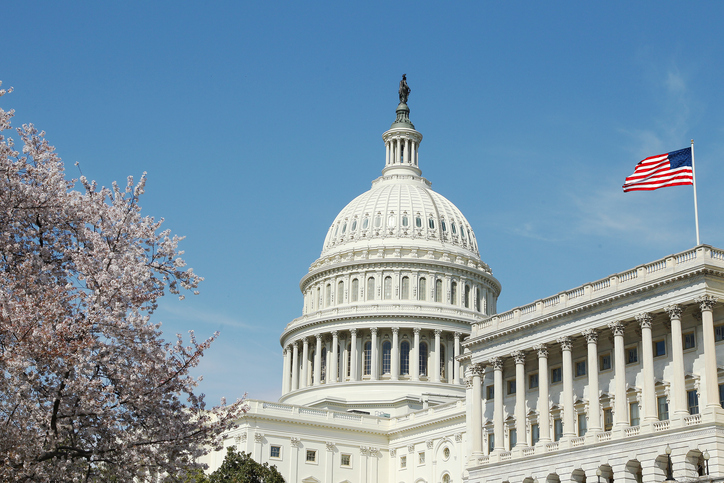As the attempt by congressional Republicans to repeal the Affordable Care Act hangs in the balance, it’s worth a quick look back at the relative uncertainty that surrounded the healthcare industry almost from the moment President Donald Trump took office.
Trump ran a successful presidential campaign partly on the premise that he would make big changes in how the healthcare industry and the federal government work together.
One of Trump’s biggest promises: repeal and replace the ACA, a government-run insurance marketplace that extends healthcare to millions of formerly uninsured patients and lays out plans for how healthcare providers are reimbursed through Medicare and Medicaid.
Despite conflicting messages this week from the White House, Senate Majority Leader Mitch McConnell said he remains committed to putting a straight repeal to a vote sometime next week, and Trump said he believes the senate should forego its August recess until a vote had been completed.
Whatever happens, a new report has found that most healthcare executives already expect some kind of change in healthcare law. Venture capital company Venrock, for its 2017 Healthcare Prognosis, asked hundreds of healthcare workers if they thought changes might happen in the ACA.
Most said they did not think it would get completely repealed, but more than half think it will get changed in some way. Exactly how remains uncertain.
Healthcare To Grow, No Matter What
Little that can happen at the federal government level will stop the rapid expansion of the healthcare industry. The jobs created in healthcare should number 4 million in the 10-year period that ends in 2022, according a report from the U.S. Bureau of Labor Statistics.
And the jobs will open across a wide variety of fields. Those include doctors, nurses and pharmacists, but also such allied healthcare jobs as physical therapist, medical technicians and health informatics.
The increasing number of Americans at or nearing retirement age, as well as the increased use of preventative medicine to combat certain diseases and conditions, are two factors that will lead to the need for more healthcare workers.
Still, executives in healthcare are keeping a close watch for what, if anything, comes from the Trump administration and congress that could affect healthcare operations.
Anti-Obamacare
When President Barack Obama, a Democrat, first proposed the ACA, Republicans began to call it Obamacare. The president eventually accepted that name while working to get the act passed, which happened during the first term of his administration.
However, Trump continues to refer to law as a “disaster” and insists the nation can find a better way to extend healthcare to the poor without increasing rates for others.
Whatever changes might be made, those in the survey said they expect startups in health to continue to multiply, especially in the information technology sector. With the growing use of technology in healthcare, 60 percent said they think health information technology will grow.
Other areas where healthcare executives expect growth: data analytics, digital preventative care programs, telemedicine and wearable sensors.









